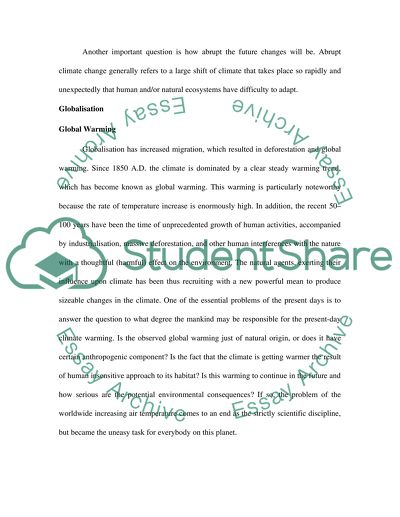Cite this document
(“Globalization Essay Example | Topics and Well Written Essays - 2000 words - 6”, n.d.)
Globalization Essay Example | Topics and Well Written Essays - 2000 words - 6. Retrieved from https://studentshare.org/miscellaneous/1507943-globalization
Globalization Essay Example | Topics and Well Written Essays - 2000 words - 6. Retrieved from https://studentshare.org/miscellaneous/1507943-globalization
(Globalization Essay Example | Topics and Well Written Essays - 2000 Words - 6)
Globalization Essay Example | Topics and Well Written Essays - 2000 Words - 6. https://studentshare.org/miscellaneous/1507943-globalization.
Globalization Essay Example | Topics and Well Written Essays - 2000 Words - 6. https://studentshare.org/miscellaneous/1507943-globalization.
“Globalization Essay Example | Topics and Well Written Essays - 2000 Words - 6”, n.d. https://studentshare.org/miscellaneous/1507943-globalization.


